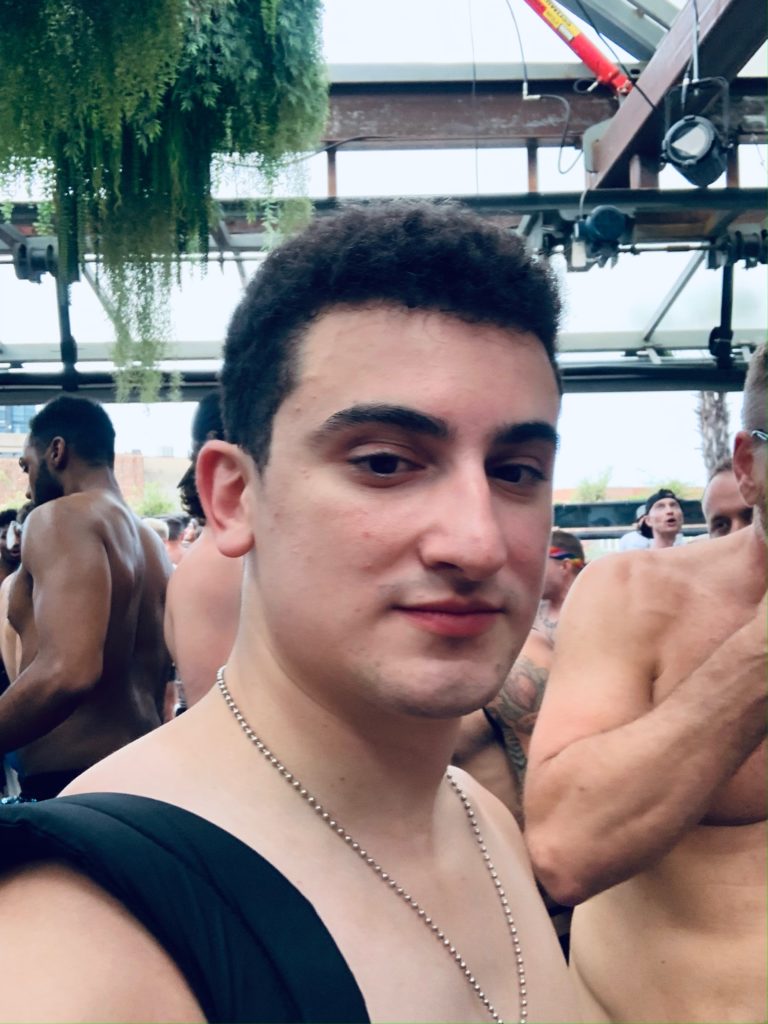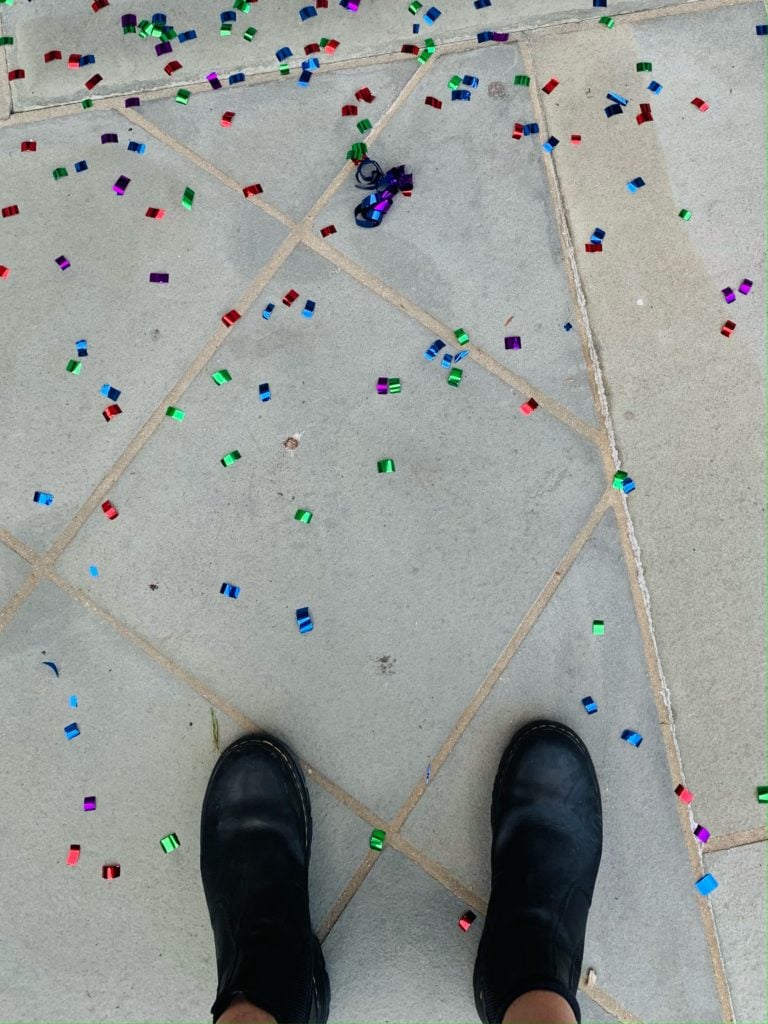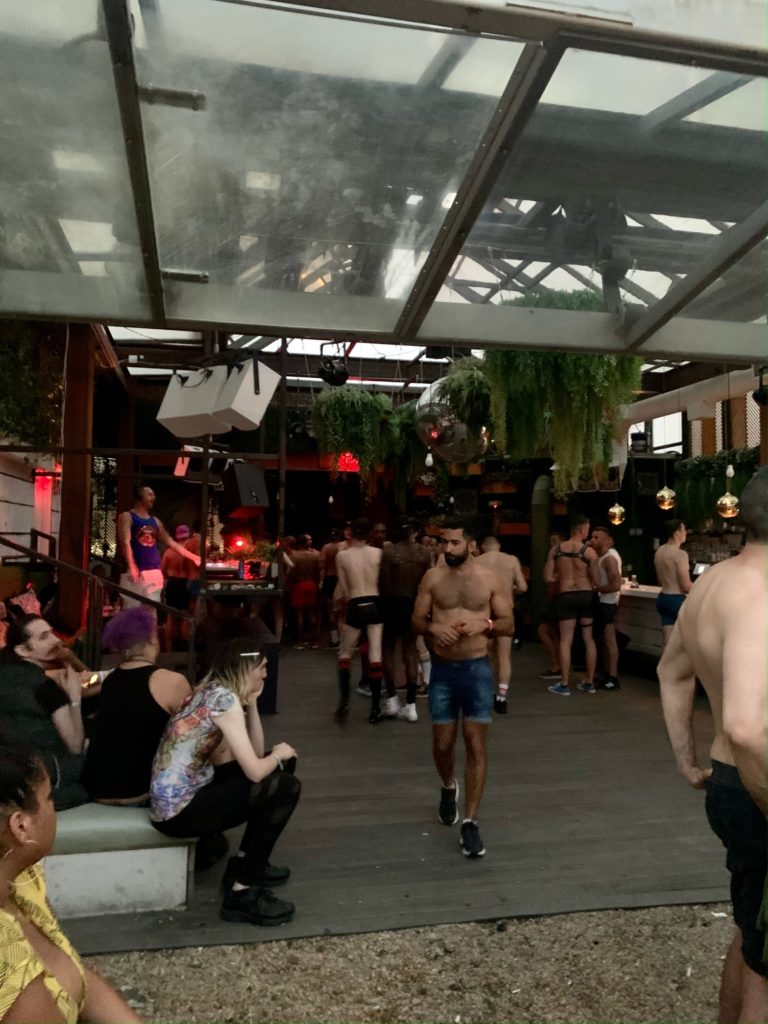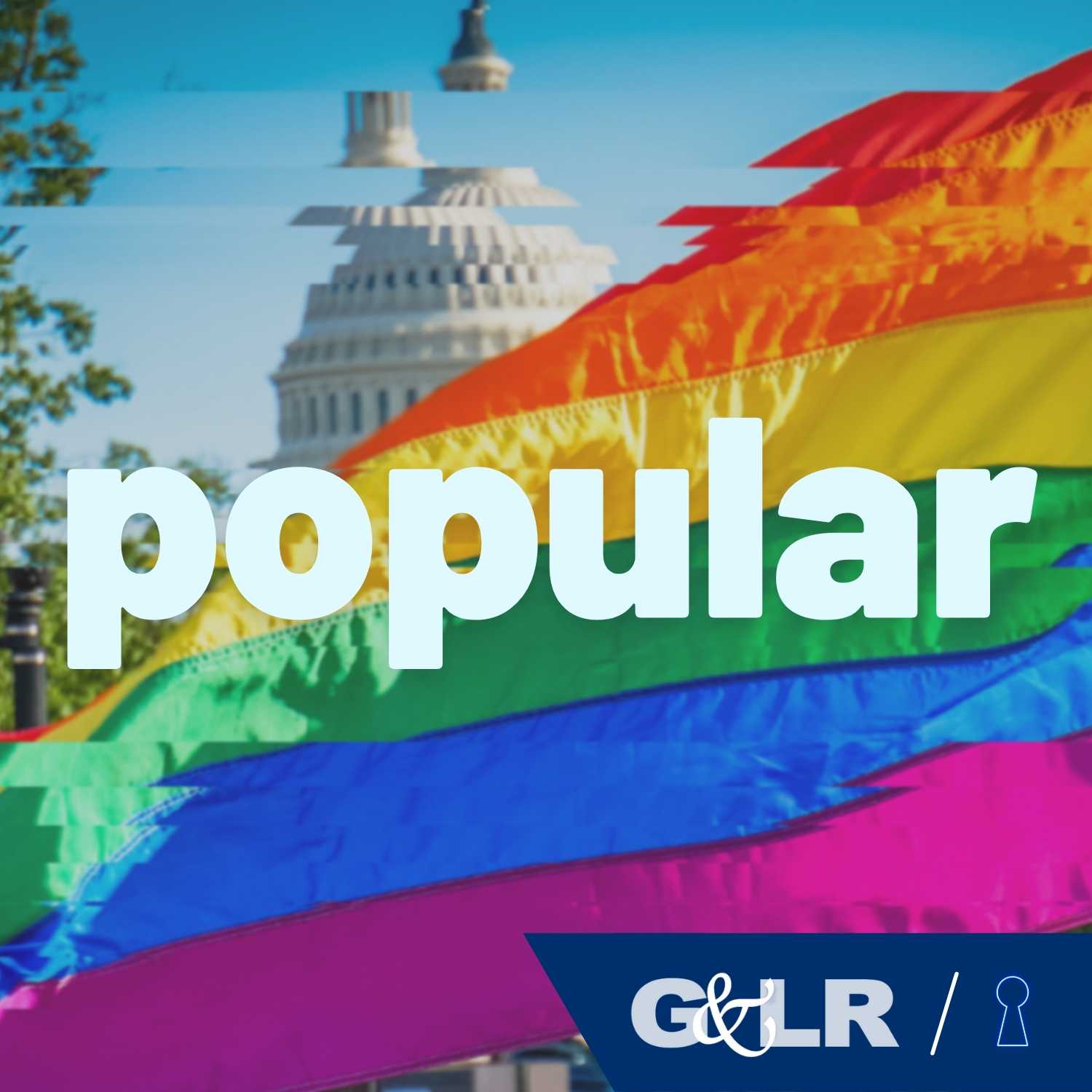William Keiser said he got the idea for his new podcast, Popular, in April after joining a city kickball league. “One of the things that I was feeling and seeing and experiencing, was all of this unsaid, felt inequality,” he says. Stonewall Kickball, he says, has particularly intimidating selection rituals.
“They have multiple days of league socials at different bars… and you have to go to different team captains and basically schmooze with them,” he says. “It’s exactly like a rush process.” Popular is his attempt to examine his experiences as well as the experiences as others to see whether an unspoken social hierarchy affects all types of interactions in LGBTQ communities in DC. As he puts it, “Is there such a thing as popularity, and if so, who gets it and why?”
Keiser works as a podcast channel manager for the Gay & Lesbian Review, which publishes the three-part series in partnership with DC-based production company, Haus of Bambi. He recently moved out of DC and is currently in Austin, Texas. Popularity is a topic that society often deems as childish, he says, a matter for middle school and high school. He doesn’t think that’s the correct read: “Of course it intersects with race, class, gender expression, sexuality, even something like sexual position, or attitude, or neurodiversity,” he said. “It interacts with all of these categories that as adults, a lot of us do care about and are willing to put money and resources on the line to correct for those imbalances.”

Keiser said that the series isn’t meant to find a solution or “prescribe a reaction” to the topics being discussed, but rather to bring awareness to and to start discussions about issues that members of the LGBTQ community have long felt unable to talk about.
“My mission is to unearth the social forces and analyze them in an artistic way,” he said.

Each of Popular‘s three episodes has a different central focus: Part One covers geography; Part Two, conformity; Part Three, sex. The series explores a number of locations in the District and highlights firsthand experiences from DC residents. One example: a friend of Keiser’s who has long struggled with dating. “He’s in this place where, because of his size, his age, his race, and whatever else he’s chalked it up to, he has like zero success in dating,” Keiser says. “He’s the kind of bottom of the pile, least wanted person in DC’s gay male dating space.”
Keiser himself has had his own experiences with discomfort, particularly objectification within the gay bar scene. “I experienced some violations of consent in those spaces and outside of those spaces,” he said.
“Speaking about inequality within the LGBTQ community felt like betraying a political missive, like we could not expose our faults,” he said. Now, however, Keiser feels that the time has come where “it’s all on the table” and okay to discuss “all of the actual real shit that we deal with on a daily basis.”

The podcast is for all listeners, but Keiser chose to spotlight the LGBTQ community because he wanted to “be in my community, talking about my community,” after feeling like the reporters of many investigative podcasts came across as distant from their areas of focus.
“If [those interviewed] feel like their voices have been elevated, and if people in the community think about the way spaces are designed, either inclusively or exclusively, then I’ve done my job,” Keiser said.
Popular is available via Apple Podcasts and Spotify.


















